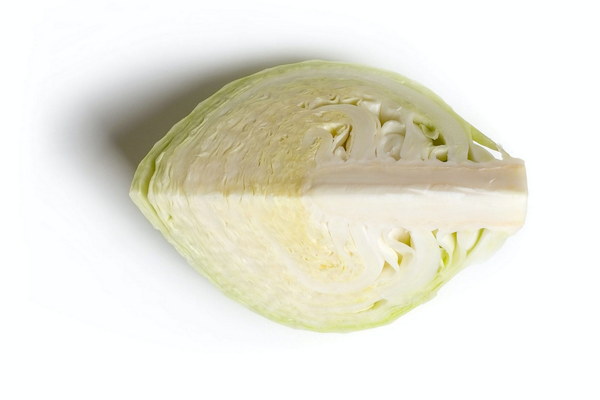Harmonizing Spleen and Stomach A Traditional Chinese Medicine Approach to Wellness
In the realm of Traditional Chinese Medicine (TCM), the harmony of the spleen and stomach is considered foundational for overall health and well-being. The spleen and stomach are two vital organs that work together to transform food into energy and blood, which are essential for the body's functions. Here, we delve into how TCM can be used to nurture and balance these organs, promoting digestive health and vitality.
Understanding the Spleen and Stomach in TCM
According to TCM, the spleen is responsible for transforming and transporting the essence of food, converting it into qi (vital energy) and blood. Meanwhile, the stomach is in charge of receiving food and transforming it into chyme, which then travels to the small intestine for further processing. Disruption in their harmonious relationship can lead to various health issues.
Common Symptoms of Spleen and Stomach Disharmony
- Chronic indigestion
- Bloating and gas
- Diarrhea or constipation
- Weakness and fatigue
- Poor concentration
- Weight gain or loss
- Excessive menstrual bleeding
TCM Strategies for Spleen and Stomach Balance
1. Dietary Adjustments:
- Incorporate easily digestible foods such as rice, millet, and yams into the diet.
- Reduce intake of cold, raw, and heavy foods that can overload the spleen and stomach.
- Include warming spices like ginger, cinnamon, and cardamom to aid digestion.
2. Herbal Remedies:
- Use herbs such as Atractylodes, Codonopsis, and Astragalus, which are known to support the spleen and stomach functions.
- Consult with a TCM practitioner for personalized herbal formulas tailored to your specific condition.
3. Acupuncture:
- Acupuncture can stimulate specific points on the body that correspond to the spleen and stomach, promoting balance and circulation of qi.
- Treatment may alleviate symptoms such as bloating, gas, and digestive discomfort.
4. Gua Sha and Cupping:
- These techniques involve scraping or suctioning the skin to release toxins and promote circulation.
- They can help to relieve muscle tension and improve digestion.
5. Lifestyle Changes:
- Establish a regular eating schedule to train the body to digest food efficiently.
- Avoid overeating and late-night meals, which can tax the spleen and stomach.
- Engage in gentle exercise such as tai chi or qi gong to enhance blood circulation and balance the body's energy.
6. Mindfulness and Stress Reduction:
- High levels of stress can negatively impact the spleen and stomach.
- Practices such as meditation, deep breathing, and yoga can help manage stress and promote emotional well-being.

Case Study: A Patient's Journey
Let's consider the case of Emily, a 30-year-old who struggled with chronic indigestion, bloating, and fatigue. After consulting with a TCM practitioner, Emily was advised to make dietary and lifestyle changes. She started eating smaller, more frequent meals and eliminated cold and raw foods from her diet. Her practitioner also prescribed a herbal formula and recommended weekly acupuncture sessions.
Over the course of several months, Emily noticed significant improvements in her digestion and energy levels. Her fatigue diminished, and her bloating became less frequent. Through the combination of TCM treatments and lifestyle adjustments, Emily was able to restore the balance of her spleen and stomach, leading to an overall improvement in her health and well-being.
In conclusion, TCM offers a holistic approach to balancing the spleen and stomach, addressing both physical and emotional aspects of health. By integrating dietary, herbal, and lifestyle modifications, individuals can promote digestive health and enhance their overall quality of life.









